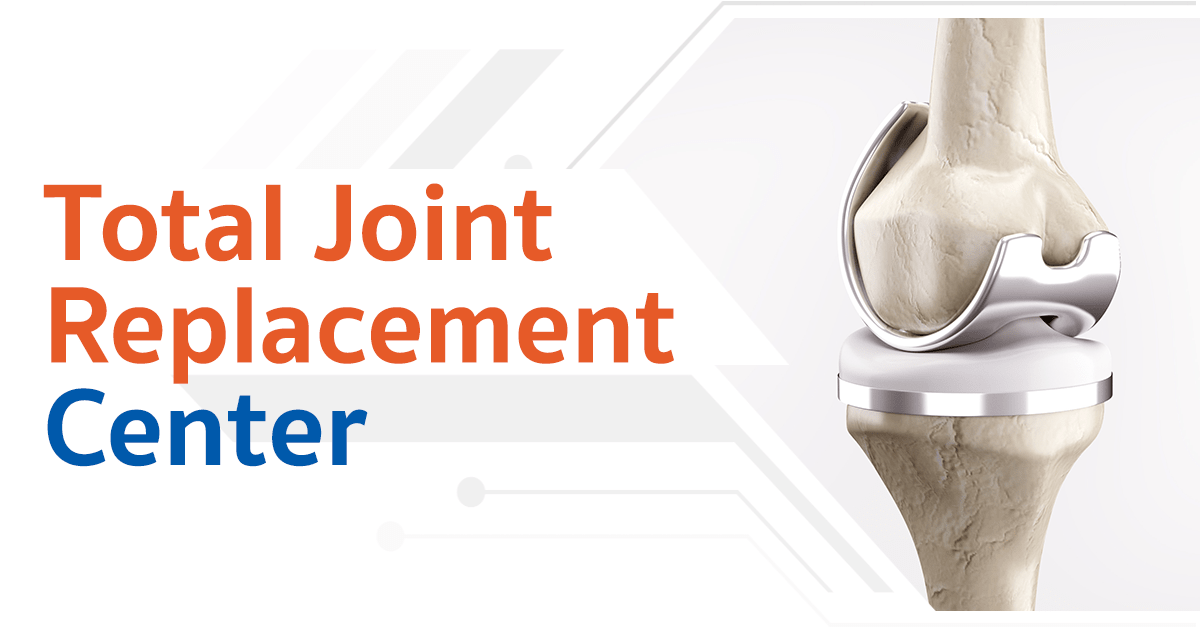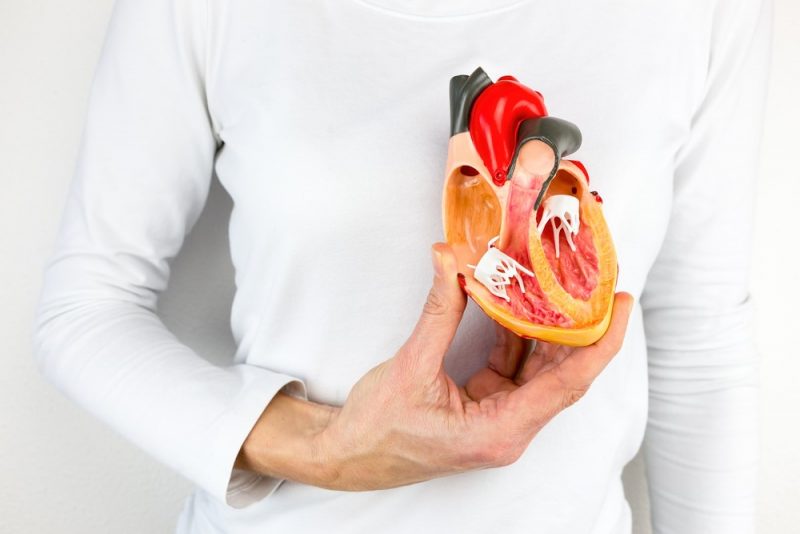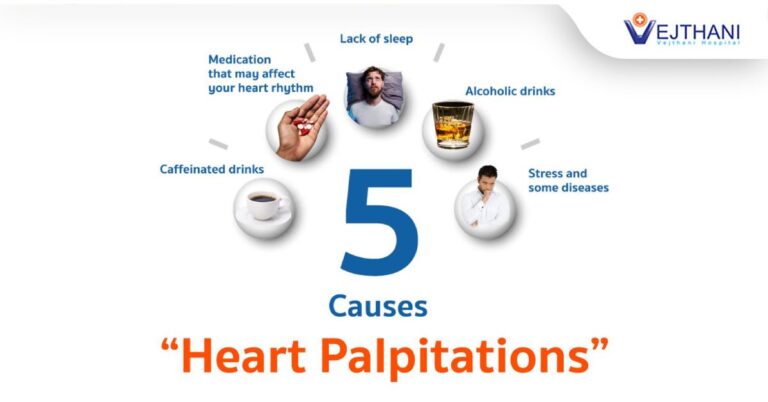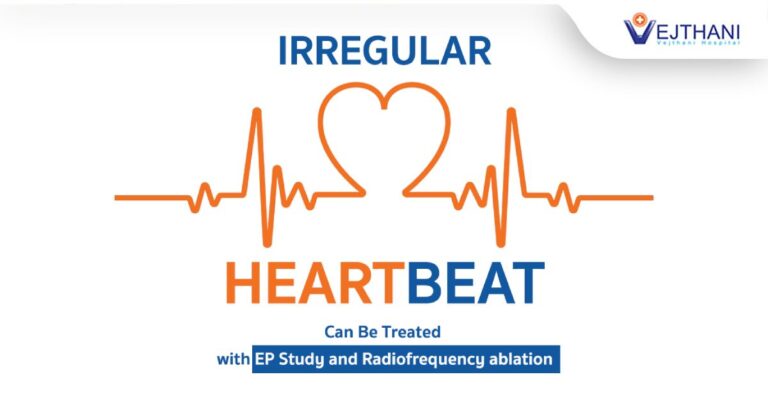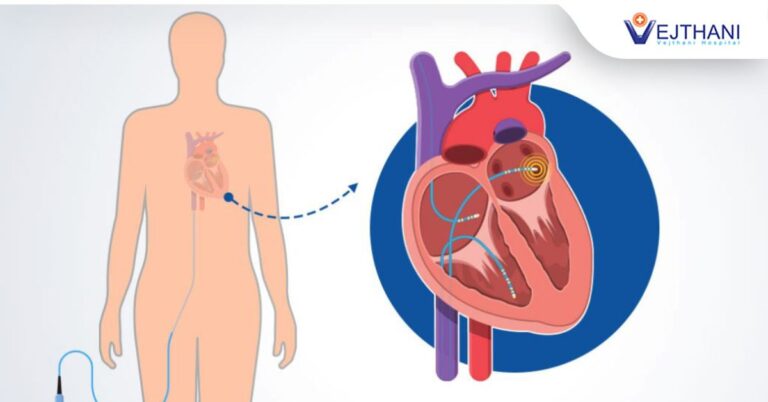Coronary Heart Disease
First and foremost, let’s understand what heart bypass surgery is and who requires one. Heart bypass surgery is the more common name for ‘Coronary Artery Bypass Graft surgery’ (CABG). It’s typically a procedure performed for those suffering from coronary heart disease (CAD). This ailment is characterized by a narrowing of the arteries that supply blood to the heart. Deposits of fatty, cholesterol-rich gunk stick to the artery walls, causing thick patches of plaque to develop. This plaque will eventually narrow the arteries to such an extent that they reduce the flow of blood to the heart or acutely occlude artery from plaque rupture. When this happens, it’s quickly followed by thrombosis, and blood clots, which blocks the artery and causes heart attack.
The risk factors for coronary heart disease:
- Diabetes
- Diet high in saturated fats
- Family history
- High blood pressure
- Obesity
- Smoking
- Sedentary lifestyle
Who Needs Heart Bypass Surgery?
As mentioned above, the formation of fatty plaque within parts of the coronary artery can lesses or completely stop blood flow to the heart. When this occurs, heart bypass surgery is one of the important treatments to ‘bypass’ the constricted segment, thus creating a new avenue for blood to supply the heart. This is usually done by inserting a graft, either the saphenous vein (from your leg), the internal mammary artery (from your chest wall) or the radial artery (from your wrist)
Your doctor may recommend heart bypass surgery if your coronary arteries become so narrowed or blocked that you run a high risk of a heart attack. The good news is that while it’s considered a severe surgery, it’s relatively safe. Hundreds of thousands of heart bypass operations are performed around the world each year; with most patients gaining immediate relief from their symptoms and going on to live active lives safe. Overall though, the mortality rate is low, with only approximately 2% of people dying from the surgery. However, more severe cases will have a higher risk of complications from surgery (see below section).
Surgical Procedure
Once it’s decided you require a heart bypass operation, your doctor will discuss in detail the risks involved, how the procedure will take place, post-operative care and any health and lifestyle changes that will be required post-operation.
Before surgery at the hospital, you will undergo various medical investigations, including x-rays, blood tests and an electrocardiogram. You mustn’t eat or drink for some time before the operation as you the surgery is performed under general anesthetic.
The surgeon accesses your heart using one of two possible incisions: either cutting beneath the left nipple (thoracotomy) or down the length of your breastbone (median sternotomy). A heart-lung machine will continue to maintain your blood circulation while your heart is stopped. A vein or artery will then be grafted onto a slim segment of coronary artery, allowing blood flow to bypass any blockage. Depending on the severity and location of the block, appropriate numb of grafts arteries will be done.
Possible complications include, but are not limited to, the following:
- Arrhythmia (heartbeat irregularities)
- Bleeding & blood clots
- Chest pain
- Heart attack or stroke
- Hemorrhaging
- Infection
- Kidney failure
- Pleural effusion (fluid build-up in the lungs)
- Thrombosis (blood clots in the leg veins)
- Wound infection
Recovery Phase
Recovering from a heart bypass procedure takes time, and everyone recovers at a different rate. You’ll likely feel tired and uncomfortable after the procedure; this is usually normal. You will be administered painkillers to help relieve any pain. During this time, your mobility will be limited as you’ll be attached to various apparatus, to provide you with fluids and drain away blood and urine.
To carefully monitor your post-operative recovery, you will typically need to stay in the hospital for a week after having heart bypass surgery. Generally, you should be able to sit up after a day, walk after three days, and navigate stairs after six days. Most people make a full recovery within 12 weeks*. But if you experience complications (mentioned in the previous section) during or after surgery, your recovery time is likely to be considerably longer.
Generally, in the first few days after you return home from the hospital it’s only advisable you do light activities, such as walking short distances, cooking, watching TV and reading, playing board games and lifting light objects.
After about 10-12 weeks, you can proceed to more strenuous activities:
- carrying heavy objects (max. 5kg)
- driving
- gardening
- having sex
- light exercise (swimming, bowls, yoga, etc.)
- mowing
- vacuuming
*If you’re recovering well and your job isn’t physically strenuous, you can usually go back to work in about 6 to 8 weeks. But again, the length of time varies from person to person.
Who Consider Surgery?
If you have been looking for a solution to your excruciating chest pain or fear to have a heart attack, look no further. At Vejthani Hospital, we pride ourselves in serving you with the finest care possible in the capital to treat coronary heart disease.
Coronary heart disease remains a top ten killer around the world. Nowadays, while there are various treatment options available, for many people heart bypass surgery remains the best option to treat life-threatening blocked arteries. Coronary artery bypass surgery is effective and safe, and, most importantly, can help people regain the quality of life they had before developing the condition.
Here at Vejthani Hospital, we provide every patient with a co-operative team of certified and skillful doctors, surgeons and support staff. We use only the best modern medical apparatus and facilities to ensure our patients better health, safety, and convenience. The hospital’s environment is hygienic, safe, and relaxing.
Although the procedure before, during and after heart bypass surgery in Thailand vary considerably from patient to patient, we can guarantee that you won’t get better comprehensive and holistic care than at our facility, the first JCI-accredited hospital in the country. We can offer you a complete care package, from the initial consultation, through surgery, post-operative recovery and ongoing lifestyle advice. If you’re seeking the best place possible to repair your heat, speak to the team at Vejthani Hospital today.
- Readers Rating
- Rated 5 stars
5 / 5 ( Reviewers) - Spectacular
- Your Rating











